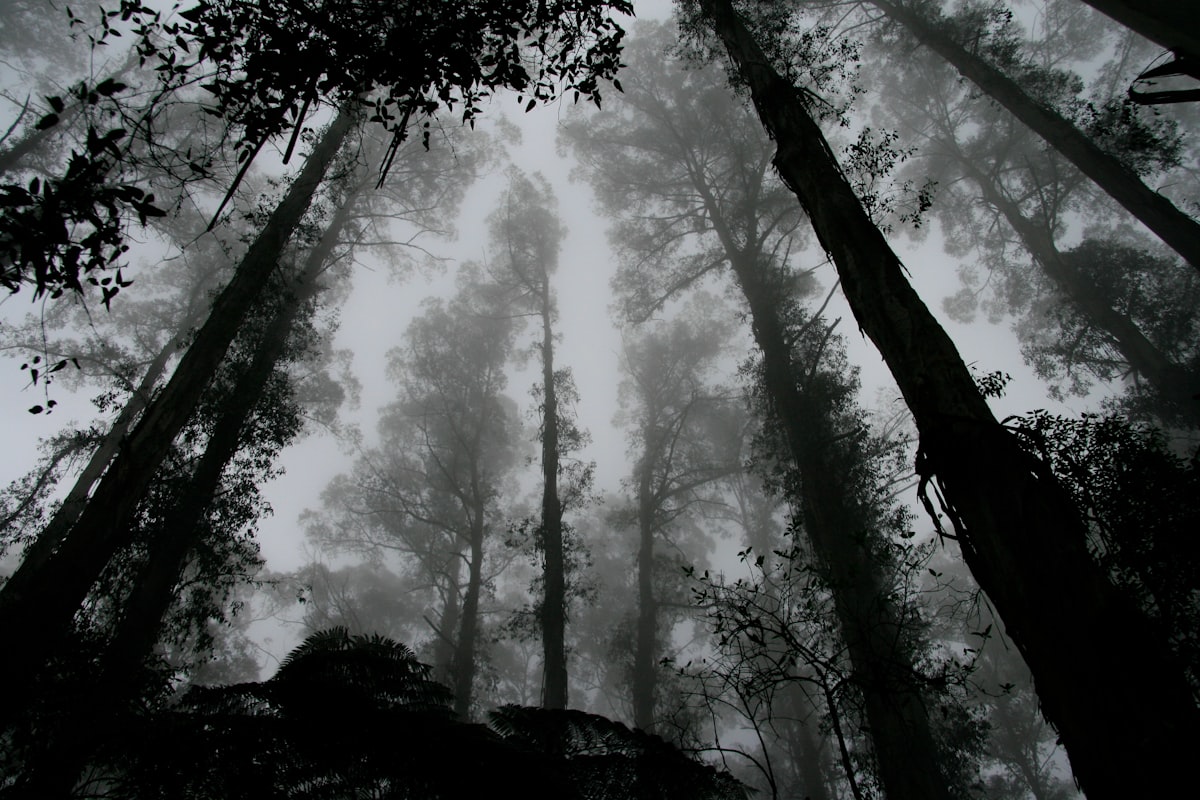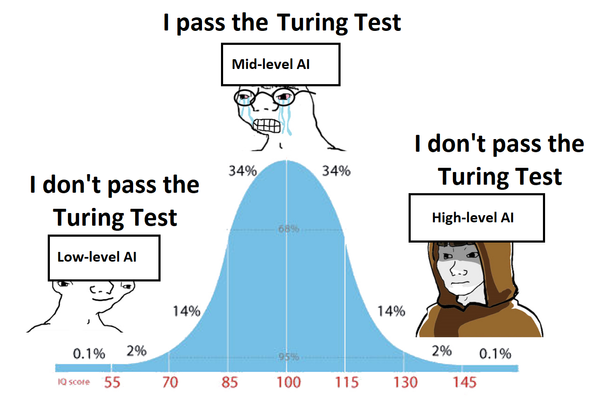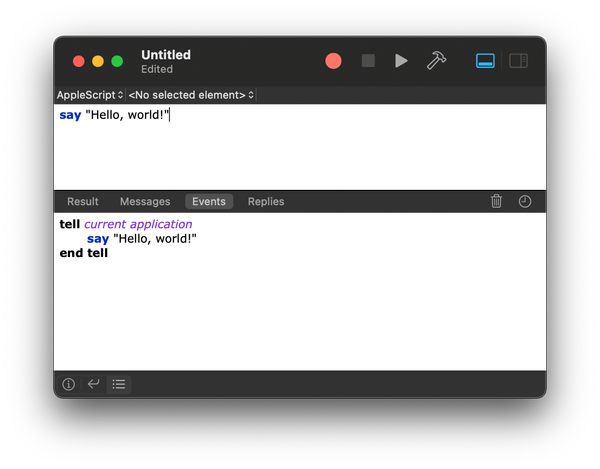Dark Forest Hypothesis: Exploring the Fermi Paradox

Introduction
The Dark Forest Hypothesis is a speculative theory proposed by Chinese science fiction author Liu Cixin in his novel "The Dark Forest." It attempts to address the Fermi Paradox, which questions the apparent absence of extraterrestrial civilizations despite the vastness of the universe. This article will delve into the Dark Forest Hypothesis, its key concepts, and its implications for our understanding of the universe.
The Fermi Paradox
The Fermi Paradox, named after physicist Enrico Fermi, highlights the contradiction between the high probability of extraterrestrial life in the universe and the lack of evidence for its existence. With billions of stars in our galaxy alone, each potentially hosting habitable planets, one would expect that advanced civilizations would have arisen and left observable traces. However, no concrete evidence of extraterrestrial life has been found so far.
The Three-Body Problem
Liu Cixin's novel "The Dark Forest" introduces the concept of the "Three-Body Problem," which is central to the Dark Forest Hypothesis. In the Three-Body Problem, three celestial bodies interact gravitationally, resulting in complex and unpredictable trajectories. This analogy is used to illustrate the difficulties of predicting the behavior of advanced civilizations in the universe.
The Assumptions of the Dark Forest Hypothesis
The Dark Forest Hypothesis is built upon several key assumptions:
- The Universe is a Dark Forest: The universe is seen as a dangerous place where civilizations must hide and remain silent to avoid detection by potentially hostile civilizations. This assumption is based on the observation that in nature, predators often seek to eliminate potential threats.
- Technological Advancement Leads to Destruction: The hypothesis suggests that advanced civilizations inevitably develop powerful technologies that can be used for destruction. This assumption is based on the observation that human history has been marked by conflicts driven by technological advancements. The more advanced a civilization becomes, the more capable it is of wiping out other civilizations.
- The Chains of Suspicion: The Dark Forest Hypothesis assumes that civilizations cannot trust each other due to the potential threat posed by advanced technologies. This leads to a "shoot first" mentality, where civilizations prioritize their own survival over establishing contact with others. This assumption is rooted in the concept of self-preservation and the fear of annihilation.
- The Great Filter: The Dark Forest Hypothesis implies the existence of a "Great Filter," a barrier that prevents civilizations from advancing beyond a certain point. This could explain the absence of observable extraterrestrial civilizations. The Great Filter could be a series of challenges that civilizations must overcome, such as the development of sustainable energy sources, the avoidance of self-destruction, or the ability to traverse interstellar distances.
Implications and Criticisms
The Dark Forest Hypothesis has profound implications for our understanding of the universe and the search for extraterrestrial life. It suggests that the universe is a hostile place where civilizations are driven to remain hidden and avoid contact. This would explain the lack of observable extraterrestrial civilizations and the silence of the cosmos.
Critics argue that the Dark Forest Hypothesis is based on pessimistic assumptions about the nature of civilizations and technological progress. They suggest that cooperation and peaceful coexistence may be possible, leading to a different outcome than the one proposed by Liu Cixin. Additionally, some critics argue that the absence of observable extraterrestrial civilizations could be due to limitations in our current detection methods, rather than the actual absence of intelligent life.
Conclusion
The Dark Forest Hypothesis offers a thought-provoking perspective on the Fermi Paradox and the absence of observable extraterrestrial civilizations. While it is a speculative theory, it raises important questions about the nature of civilizations, technological advancement, and the potential dangers of contact with other intelligent beings. Further exploration and scientific inquiry are needed to shed light on the mysteries of the universe and our place within it. The Dark Forest Hypothesis serves as a reminder of the vastness of the cosmos and the challenges that may lie ahead as we continue our search for extraterrestrial life.



